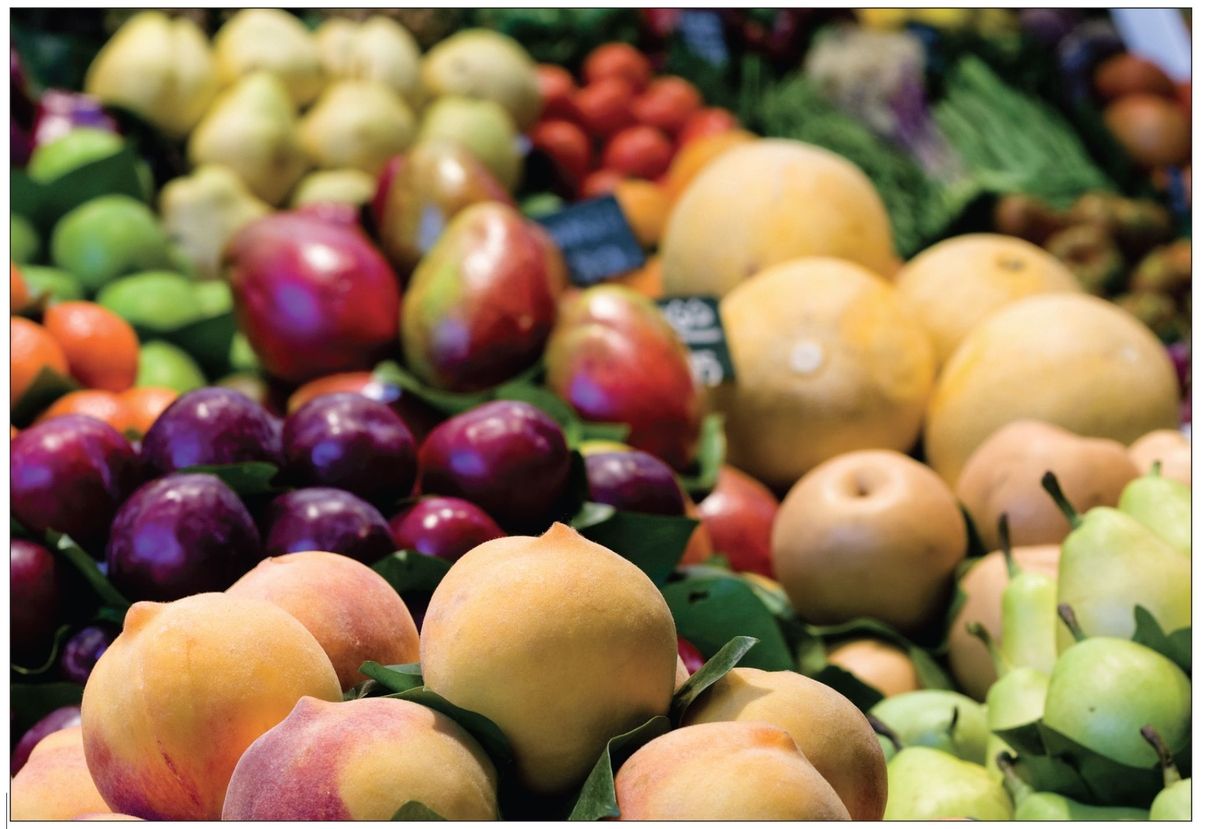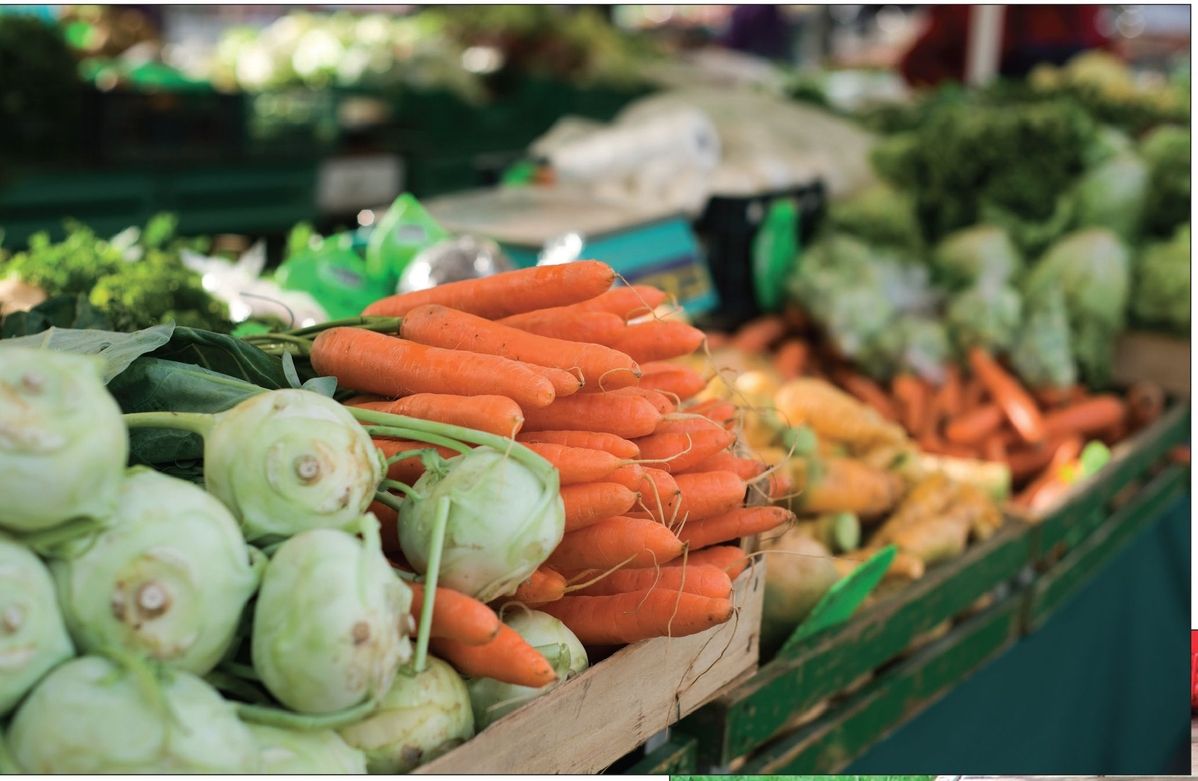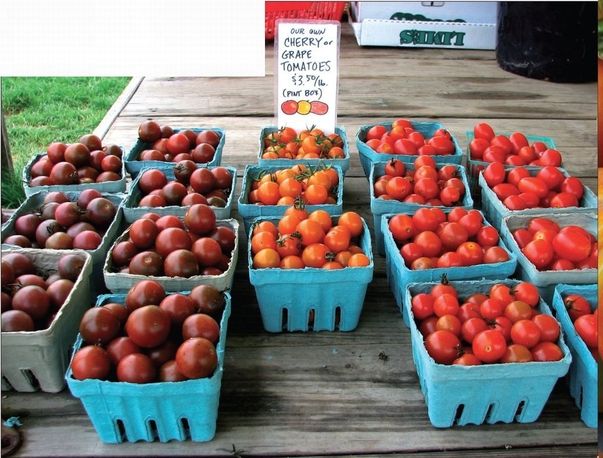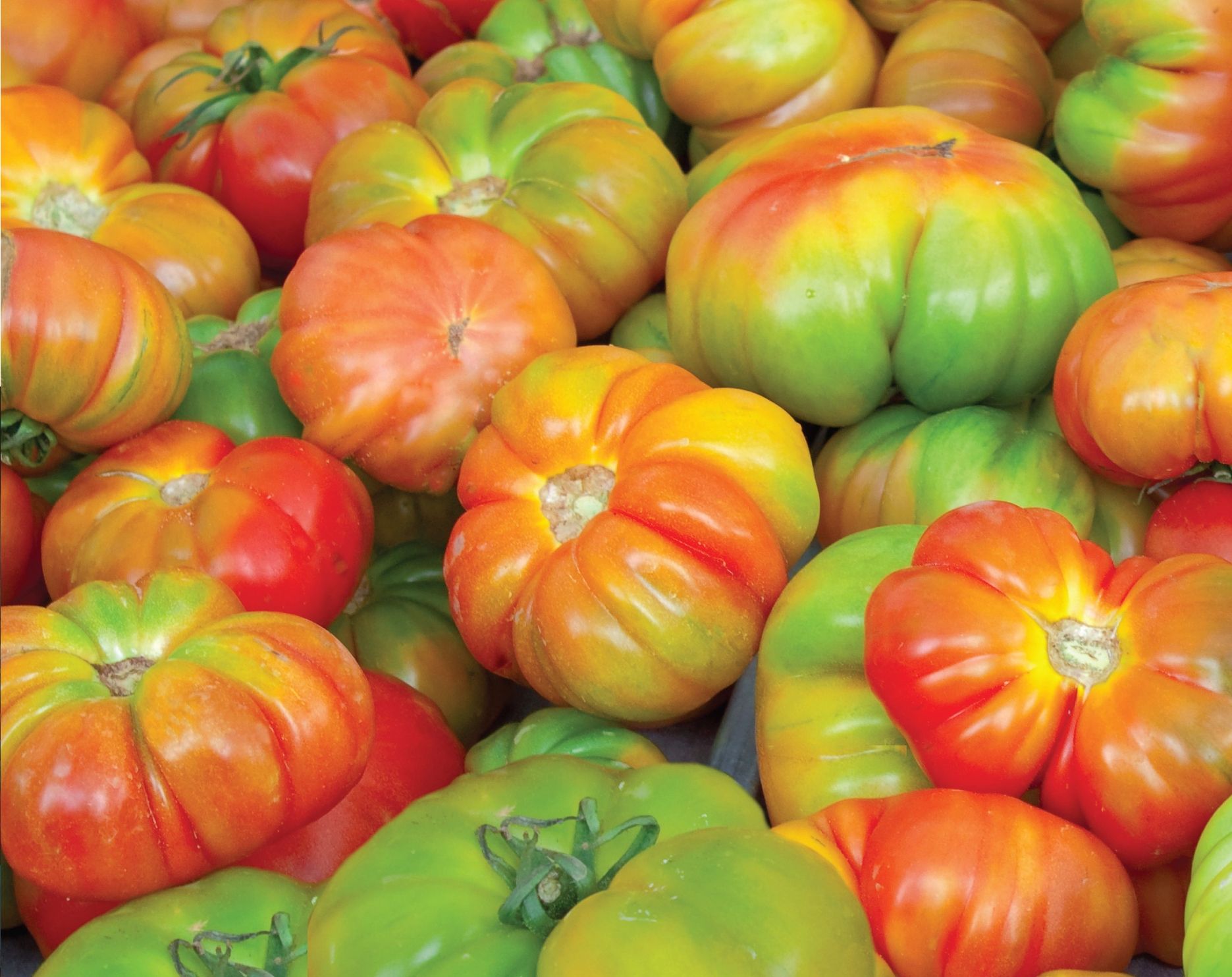Eating Well
Why Eat Organically Grown Food?
Organically grown produce is becoming more and more readily available, regardless of where you live. If you grow your own fruits and vegetables or have ready access to a farmers’ market, eating organically may be cheaper than purchasing commercially grown produce at the supermarket. Though organic foods bought at a grocery store may be 10 to 50 percent more expensive than their traditionally grown companions, the benefits are often worth the cost. Here are just a few of many reasons to eat organically grown produce:
- Improved taste. Tests comparing various gardening methods have shown that fruit grown organically has a higher natural sugar content and firmer flesh, and is less apt to bruise easily. Do your own taste test and you’ll easily tell the difference!


- Fewer health risks. Pesticides have been linked to cancer and other diseases.
- Help support smaller farms. Most organic farms are small, family-owned endeavors. By purchasing organic produce, you’ll be helping them survive and thrive.
- Help the environment. According to the EPA (Environmental Protection Agency), agriculture is responsible for 70 percent of the pollution in the United States’ streams and rivers. Organic farmers don’t use the synthetic pesticides and fertilizers that cause this pollution.
- Better nutrition. Higher levels of lycopene, polyphenols, and flavonols have been found in organically produced fruits and vegetables. Phytonutrients (many of which are antioxidants involved in the plant’s own defense system) may be higher in organic produce because crops rely more on their own defenses in the absence of regular applications of chemical pesticides.

Why Eat Locally Grown Food?
Even if you grow the majority of your own produce, you may want to supplement your menu with food from other sources. When doing so, there are lots of great reasons to choose foods grown near where you live. Here are a few:
- Support the local economy. According to a study by the New Economics Foundation in London, a dollar spent locally generates twice as much income for the local economy.
- Fresher food. Produce you buy at the supermarket has likely been in transit for several days or even weeks, and during that time it’s been declining in flavor and nutrition. Produce you buy from a farmers’ market or local farm stand was likely picked the same day.
- Help the environment. By eating food grown locally, you’re cutting down on the number of miles it had to travel to get to you, thus lowering fuel emissions.
- Stay attuned to the seasons. Eating locally means that you may not get asparagus in October or sweet potatoes in April, but those foods will not be at their best quality in those months anyway. You’ll get more nutritious, better tasting food if you eat it at its growing peak. You’ll also feel more connected to the natural seasonal rhythms.
- Encourage variety. By supporting the local farmers, you give them the opportunity to try less common or heirloom varieties that wouldn’t travel as well, produce as high a yield, or have the shelf life of most supermarket varieties.

